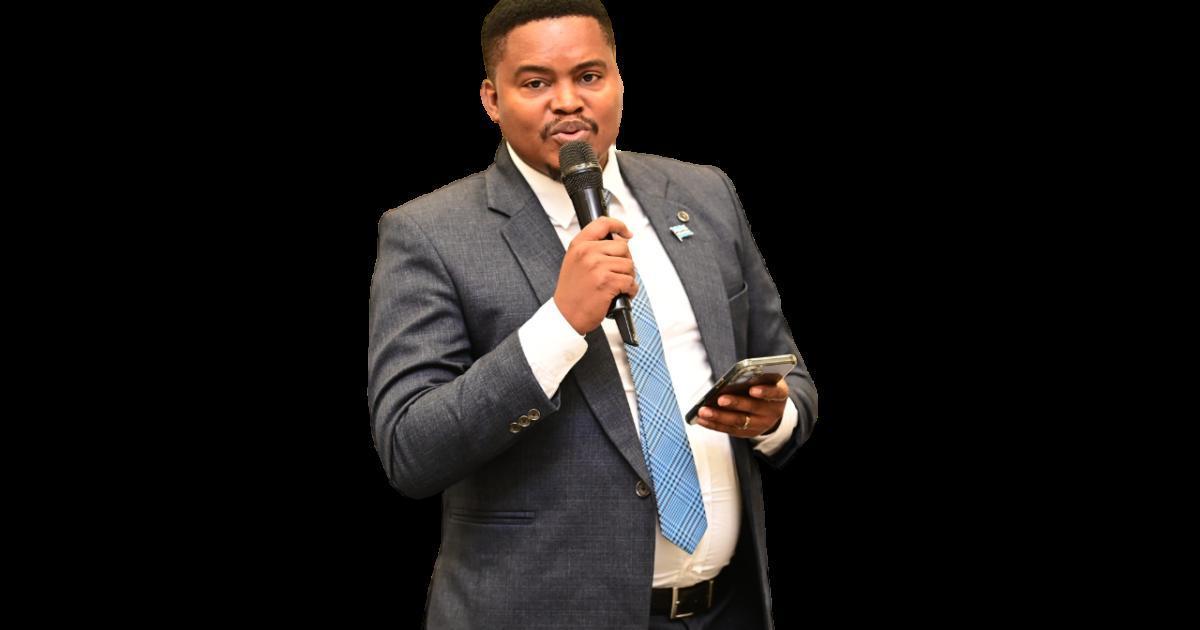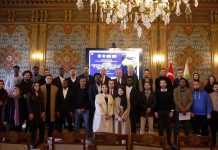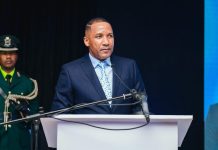Africa-Press – Botswana. The government is positioning the creative industry at the heart of its economic diversification agenda.
This was the nub of the message of the Minister of Sports and the Arts (MOSA), Jacob Kelebeng, when he addressed a gathering of artists, filmmakers, musicians, and cultural activists at the 2025 Arts Pitso in Gaborone this week.
A key priority, as he stated, will be infrastructure development. The government plans to build and modernise theatres, art galleries, recording studios, and performance venues as essential spaces for elevating Botswana’s creative productions to international standards.
Community-based art hubs
Recognising the urgency of these needs, the ministry is also pursuing strategic partnerships with private entities that already own creative spaces to ensure immediate access for artists.
In a move to decentralise opportunities, community-based art hubs will be introduced in rural areas, fostering local talent beyond urban centres. “We cannot just wait for budgets to materialise,” Minister Kelebeng said. “We must be creative in our approach, just like you.”
Beyond infrastructure, the minister highlighted the need to formalise the creative industry, ensuring that artists and cultural workers receive financial security. This includes access to grants, low-interest loans, and entrepreneurial training to support sustainable careers.
Economic potential
“Artists are businesses. They must be recognised and supported as such,” Kelebeng stated, stressing that policies must evolve to reflect the economic potential of the arts.
The government aims to facilitate startup funding for creative enterprises, particularly in music production, filmmaking and the performing arts.
To create a globally competitive creative sector, Kelebeng urged artists to embrace international markets. He announced ongoing negotiations with major technology companies, including Google, to improve local access to digital distribution platforms, ensuring Batswana artists can monetise their work beyond national borders.
Digital marketplaces
“We must take full advantage of digital marketplaces, streaming services, and international festivals,” he said. “Our artists should not be limited by geography.”
Intellectual property protection is also a crucial pillar in this strategy. The minister encouraged creatives to work with COSBOTS and other regulatory bodies to safeguard their copyrights, trademarks and royalties. Plans are in place to strengthen Botswana’s copyright laws and establish a national copyright office.
A sustainable creative economy cannot thrive without skilled professionals. The government will expand arts education in schools and introduce scholarships and international exchange programmes to expose artists to global expertise.
Cultural festivals
Simultaneously, cultural heritage will receive increased institutional and financial support. Funding for traditional arts, indigenous knowledge systems, and cultural festivals will be prioritised to preserve Botswana’s identity and attract cultural tourism.
With a vast landscape and unique stories to tell, Botswana has untapped potential in the film industry. Kelebeng revealed that policies are being developed to attract international productions, provide tax incentives for filmmakers, and establish a national film studio.
The government will also mandate broadcasting quotas for locally produced content and launch an online streaming platform to distribute Botswana’s creative works globally.
Illegitimate
“We must build an ecosystem where Botswana’s stories are told by Batswana, produced by Batswana, and exported to the world,” said the minister.
The minister laid out an ambitious roadmap but the creatives in attendance voiced immediate concerns. Many called for the existing National Arts Council Board to be dissolved because they consider it illegitimate and its decisions therefore null and void.
They suggested that an interim board should be appointed for six months to prepare for elections for suitable people to become board members.
Private-sector funding
They also demanded greater access to markets, stronger government collaboration with arts associations rather than individuals, and inclusion of private sector funding in arts development.
Tebogo Matebesi of MOSA assured attendees that the ministry will consult further to align policies with their expectations. “This will not be a talk shop,” he said. “The feedback from today’s discussions will be taken seriously, and we will report back soon.”
For More News And Analysis About Botswana Follow Africa-Press






